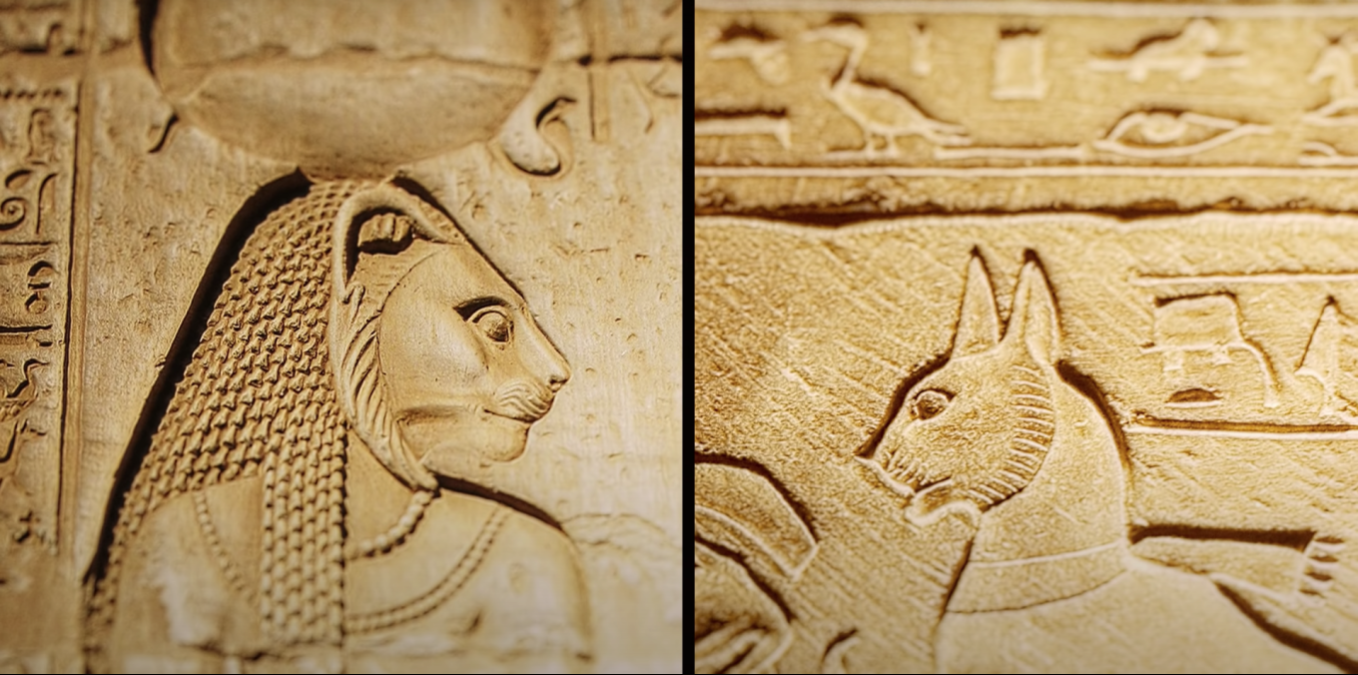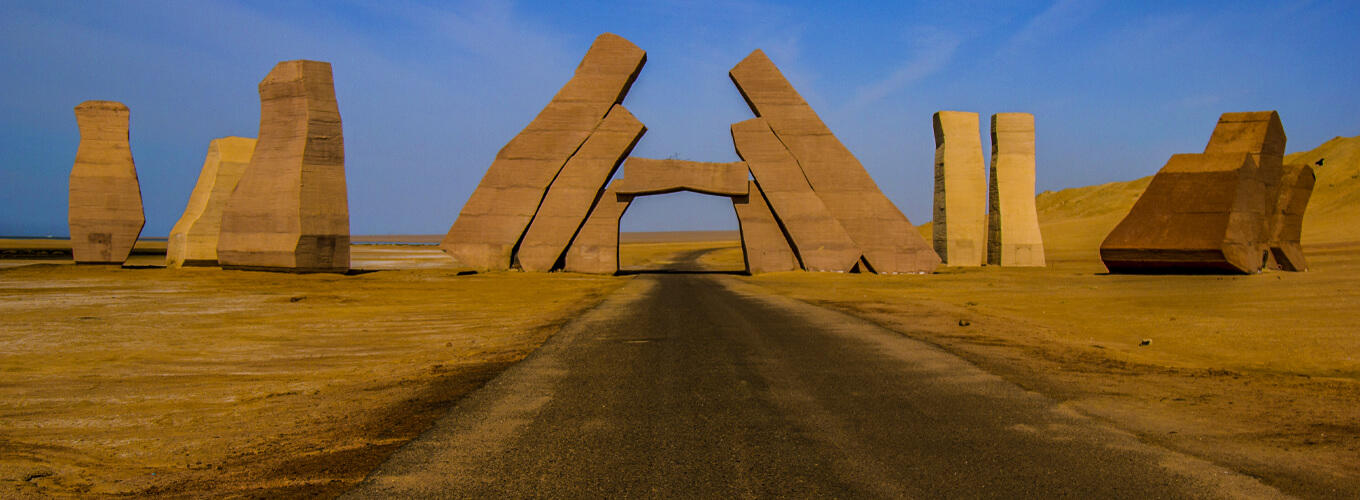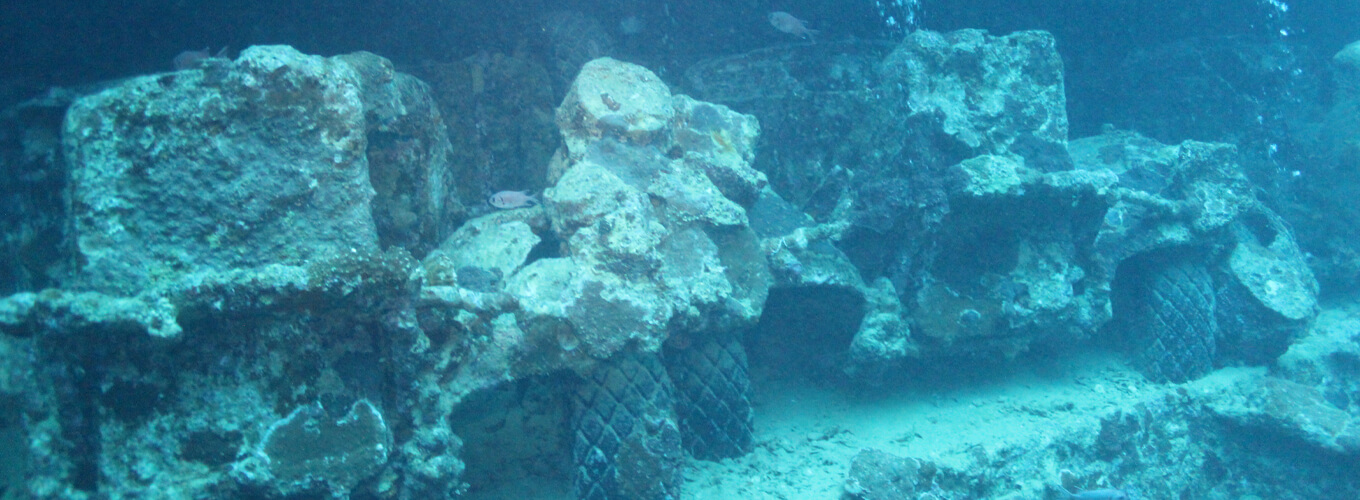The story of bastet egyptian goddess begins thousands of years ago ...

Sinai is one of the most captivating regions travelers can explore, offering a rare blend of history, spirituality, adventure, and natural beauty. From its biblical landmarks and ancient monasteries to its coral reefs and desert landscapes, this triangular peninsula holds experiences that appeal to every kind of traveler. Whether you’re fascinated by sacred history, looking for thrilling hikes, or eager to dive into crystal-clear waters, Sinai offers it all.
What makes this region truly unique is its ability to satisfy different travel passions in a single journey—spiritual seekers, history lovers, adventurers, and leisure travelers alike. Its location between Africa and Asia has shaped it into a cultural and geographical crossroads, one that continues to inspire exploration. As a traveler, what you’ll find here is not just another destination but an open invitation to walk through history while enjoying modern comforts and stunning landscapes.
For centuries, Sinai has been a place of deep spiritual meaning and historical importance. Travelers seeking cultural enrichment often start with St. Catherine’s Monastery, located at the foot of Mount Sinai. This UNESCO World Heritage site dates back to the 6th century and is one of the oldest Christian monasteries in the world still in operation.
The monastery houses ancient manuscripts, religious icons, and a remarkable library, rivaled only by the Vatican in its collection of early Christian texts. For pilgrims, climbing Mount Sinai itself is a transformative experience. Tradition holds that this is the mountain where Moses received the Ten Commandments, and the sunrise view from its summit remains a spiritual highlight for countless visitors.
Sinai’s significance doesn’t end with Christian heritage. The peninsula is mentioned throughout Jewish and Islamic traditions as well, making it a meeting point of the world’s three Abrahamic religions. Sacred valleys, caves, and ancient ruins scattered across the landscape give travelers opportunities to explore beyond the famous sites. Unlike museums, Sinai lets you stand directly where history unfolded.
Each stone and each mountain trail seems to carry echoes of the past, which enhances the depth of the traveler’s journey. Even if you are not religious, the serenity and timeless atmosphere of these sacred spaces offer a rare kind of peace, one that connects you to both history and nature simultaneously.
Beyond its spiritual identity, Sinai’s natural beauty is astonishing. The peninsula is home to deserts painted in shades of gold and red, mountains rising dramatically against the horizon, and coastal waters that sparkle in brilliant blues. The Colored Canyon near Nuweiba is a geological wonder, where sandstone walls twist into extraordinary formations in hues of purple, pink, yellow, and orange.
Walking through this canyon feels like entering an open-air gallery sculpted by nature over millions of years. For travelers who love photography or simply marveling at the power of natural forces, it’s an unforgettable stop.
Sinai is also defined by its deserts—vast, silent landscapes where the sky stretches endlessly. Places like the White Canyon and Blue Desert offer different atmospheres, from stark white limestone formations to surreal rocks painted in bright blue tones. At night, the desert becomes a stage for stargazing like few places on Earth, thanks to minimal light pollution.
Bedouin camps provide authentic desert experiences, allowing visitors to sip tea by a fire under the Milky Way. The contrast between Sinai’s deserts and its lush oases adds another layer of charm. Oasis towns such as Ain Khudra offer palm groves and springs where travelers can rest in the middle of these arid expanses, experiencing firsthand the resilience of life in the desert.

For thrill-seekers, Sinai is a playground of adventures. Hiking and trekking are among the most popular activities, with Mount Sinai and Mount Catherine providing challenging yet rewarding climbs. Hiking trails here lead travelers through rugged mountain terrain, offering sweeping views of valleys and peaks that stretch endlessly. Each trek is not just physical but also deeply meditative, as the silence of the mountains enhances the connection to nature.
On the coast, the Red Sea offers another kind of adventure. Sinai’s waters are a global diving hotspot, attracting enthusiasts from every corner of the world. Ras Mohammed National Park, near Sharm El Sheikh, is renowned for its coral reefs and abundant marine life, from colorful fish to sea turtles and even reef sharks. Whether you’re an experienced diver or a first-timer trying snorkeling, the underwater world of Sinai is mesmerizing.
Kite surfing in Dahab, camel trekking across sand dunes, and quad biking in the desert are other exciting options for those looking to add adrenaline to their journey. For families, many resorts also organize safe and guided outdoor activities, making Sinai suitable for travelers of all ages. With so many possibilities, it’s a region where every day can be a new adventure.
Traveling to Sinai is not just about landscapes and monuments; it’s also about people. The Bedouin tribes who have lived in this region for centuries play an essential role in shaping the traveler’s experience. Their hospitality is legendary, rooted in traditions of welcoming strangers with tea, stories, and meals cooked over open fires.
Staying at a Bedouin camp or joining a guided trek with Bedouin hosts provides more than comfort—it offers cultural understanding. You learn about their way of life, survival skills in the desert, and their deep respect for the land.
Handmade crafts such as woven rugs, embroidered garments, and jewelry are often available in local markets or directly from Bedouin communities. Purchasing these items not only supports the community but also gives travelers meaningful souvenirs that carry the story of the region. Many tours also include evenings of traditional Bedouin music, where drums and songs echo under the desert stars.
These cultural exchanges enrich the travel experience by connecting visitors with Sinai’s living heritage. Unlike destinations where tourism feels detached, here travelers become part of a centuries-old tradition of storytelling and hospitality. Such encounters make Sinai more than a place to see; it becomes a place to connect.

Sinai’s coastlines are world-famous, attracting travelers seeking relaxation as well as adventure. Sharm El Sheikh stands out as the peninsula’s most developed resort town, offering luxury hotels, vibrant nightlife, and world-class diving opportunities. Travelers who prefer an all-inclusive holiday with modern amenities find Sharm the perfect base. It’s also a hub for excursions to Ras Mohammed National Park and desert safaris, making it versatile for different travel styles.
For those seeking a more laid-back atmosphere, Dahab is the jewel of Sinai. Once a small Bedouin fishing village, Dahab is now a hotspot for divers, backpackers, and digital nomads. Its relaxed vibe, affordable accommodations, and famous dive site “The Blue Hole” make it a favorite among independent travelers. Unlike Sharm, Dahab offers a slower pace, where days can be spent snorkeling, cycling along the coast, or simply enjoying a seaside café.
Meanwhile, Nuweiba combines stunning beaches with quiet isolation, making it ideal for travelers looking to escape crowds. Eco-camps and beachfront huts here allow you to wake up to the sound of waves, with mountains rising dramatically behind you. These coastal towns showcase the diversity of Sinai—whether you want luxury, adventure, or tranquility, the peninsula offers the perfect setting.
To make the most of a journey through Sinai, preparation is key. The region is safe for tourists when traveling with reputable tour operators or following official guidelines, but like any adventure destination, awareness is important. Travelers should carry valid identification and stay informed about entry requirements, as Sinai operates under special travel permits for some areas. When exploring the desert or mountains, guided tours are strongly recommended—not only for safety but also for the added cultural insights provided by local guides.
Packing appropriately ensures a smoother trip. Light clothing for the day, warm layers for cool desert nights, sturdy shoes for hiking, and reef-safe sunscreen for snorkeling are essentials. Travelers should also bring cash, as ATMs can be limited outside major towns. Respect for local customs is equally important, especially when visiting religious sites or Bedouin communities.
Dressing modestly, asking before taking photos, and showing gratitude for hospitality all contribute to a respectful experience. Health-wise, staying hydrated and avoiding excessive sun exposure are critical in Sinai’s climate. With the right planning, travelers can enjoy both comfort and safety while fully immersing themselves in the magic of Sinai.
We offer tours to Egypt’s most famous destinations such as the Pyramids and Sphinx in Giza, Karnak Temple and Luxor, Valley of the Kings, Sharm El Sheikh and Hurghada for beaches and diving, and Alexandria.
We provide organized tours, luxury hotel and resort bookings, comfortable transportation services, experienced tour guides, and activity ticket bookings such as diving, desert safaris, and Nile cruises.